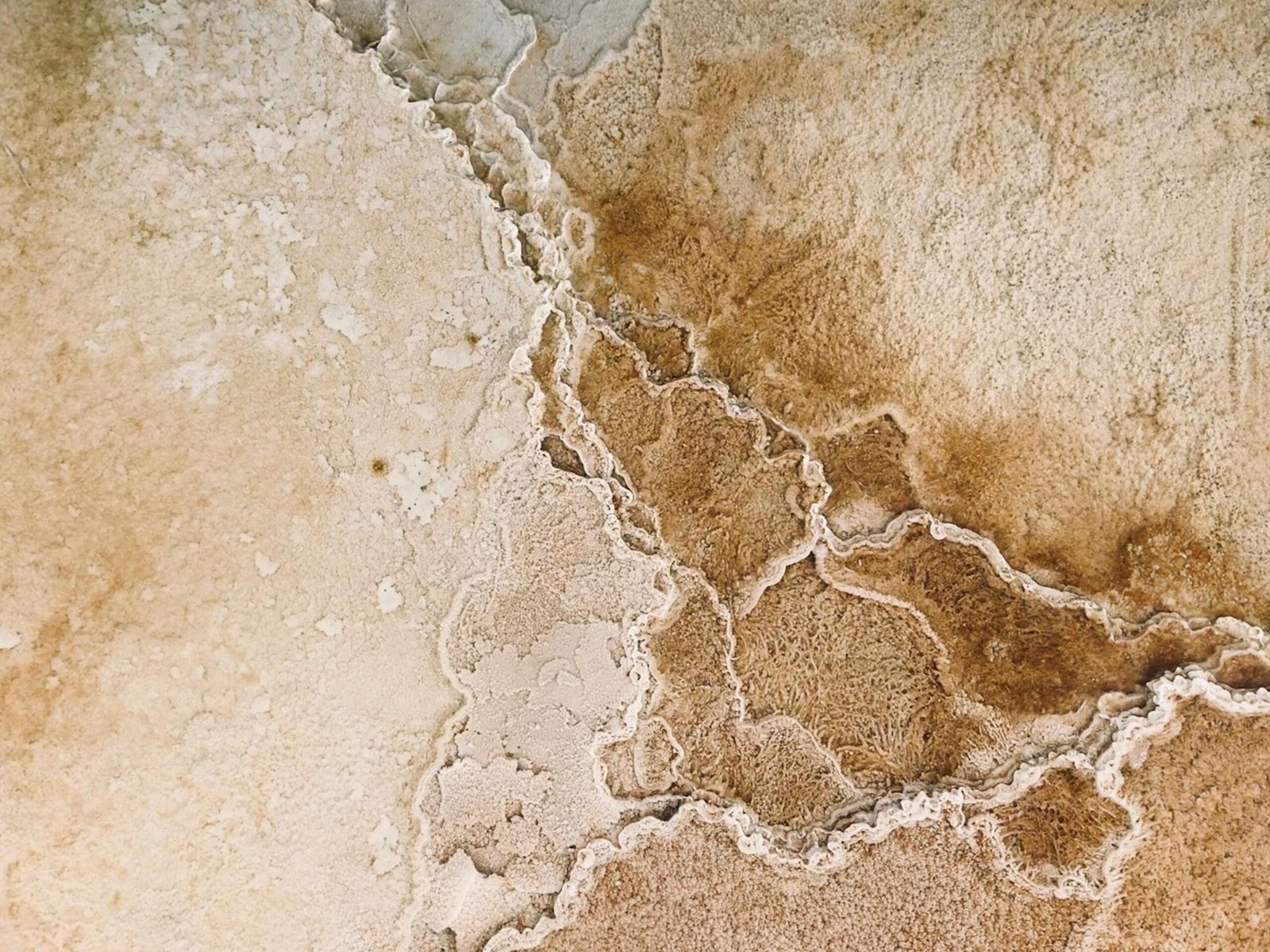
Understanding Credit Scores and Their Importance Credit scores play a crucial role in our financial lives. They are numerical representations of an individual’s creditworthiness, which is used by lenders to assess the risk of lending money to that person. A higher credit score indicates lower risk, making it easier to qualify for loans and obtain favorable interest rates. There are several factors that contribute to a person’s credit score, including payment history, credit utilization, length of credit history, new credit accounts, and the types of credit used. Understanding these factors is essential for anyone looking to improve their credit score.
Steps to Improve Your Credit Score Improving your credit score is not an overnight process, but with discipline and strategic financial management, it is achievable. Here are some steps you can take to improve your credit score:
Check Your Credit Report Regularly Obtain a copy of your credit report from the major credit bureaus – Equifax, Experian, and TransUnion – and review it for any errors or inaccuracies. Dispute any discrepancies and ensure that your credit report reflects accurate information.
Pay Your Bills on Time our payment history has a significant impact on your credit score. Make sure to pay all your bills on time, including credit card payments, loan installments, and utility bills. Setting up automatic payments or reminders can help you stay on track.
Reduce Your Credit Utilization Credit utilization refers to the amount of credit you are using compared to your total available credit. Aim to keep your credit utilization below 30% to demonstrate responsible credit management. Paying down existing balances and avoiding maxing out credit cards can help lower your credit utilization.
Avoid Opening Unnecessary New Accounts While it may be tempting to open new credit accounts, doing so can negatively impact your credit score. Each new account results in a hard inquiry, which can lower your score. Additionally, having multiple new accounts in a short period may be seen as a red flag by lenders.
Build a Diverse Credit Mix Having a mix of credit types, such as credit cards, installment loans, and a mortgage, can have a positive impact on your credit score. However, this should be pursued organically and align with your financial needs. It’s not advisable to take on new credit simply for the sake of diversifying your credit mix.
Be Patient and Persistent Improving your credit score takes time and consistent effort. It’s important to be patient and stay committed to practicing good financial habits. Even if your credit score has been impacted by past challenges, demonstrating responsible behavior over time can lead to significant improvements.
The Benefits of a Good Credit Score Having a good credit score opens up a range of financial opportunities. It can make it easier to qualify for loans, obtain higher credit limits, and secure better interest rates. Additionally, a solid credit score can positively impact other areas of your life, such as renting an apartment, getting approved for a mortgage, or even securing a job in certain industries.
By taking proactive steps to improve your credit score, you are not only enhancing your financial standing in the present but also setting the stage for a more secure and prosperous future.



